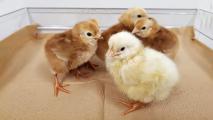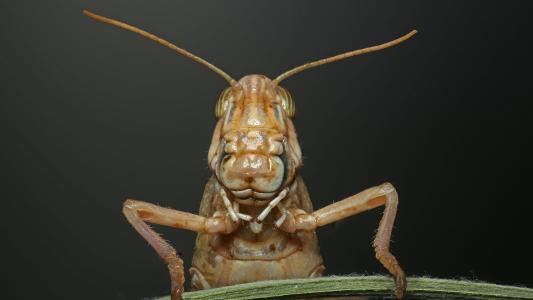Israeli startup Redefine Meat has announced the creation of the Alt-Steak, a plant-based steak that it claims mimics the texture, flavor, and look of a traditional steak.
The key to the company’s achievement is the use of 3D printing, CEO Eshchar Ben-Shitrit told Reuters. That technology allows the company to layer its plant-based muscle, fat, and blood formulations in a way that replicates the structure of a real steak.
Redefine Meat plans to conduct market testing on its Alt-Steak at high-end restaurants in Europe this year, incorporating feedback into its product. It then aims to make its industrial 3D printers and ingredient formulations available to meat distributors in 2021.
Those printers will initially be able to produce approximately 44 pounds of Alt-Steak per hour, Ben-Shitrit said. He expects that figure to increase to hundreds of pounds per hour over time and the price to drop to less than that of traditional steaks.
The Future of Plant-Based Meat
Ben-Shitrit isn’t the only person optimistic about the future of plant-based meat.
In June, Ethan Brown, CEO of Beyond Meat, told Yahoo Finance he “absolutely” believes his company’s plant-based meats will one day be cheaper than the kinds that come from animals.
Earlier that month, Impossible Foods CEO Patrick Brown told CNBC that his plant-based meat company’s products beat out animal proteins from a nutritional standpoint.
“This is why I think people are increasingly aware plant-based products are going to completely replace the animal-based products in the food world within the next 15 years,” he said. “That’s our mission. That transformation is inevitable.”
Can the Alt-Steak Replace the Real Thing?
Clearly, it’s in these men’s best interests to champion fake meat — it’s their livelihood, after all.
However, the plant-based meat market is undeniably growing, and research does suggest that the trend will continue for the foreseeable future. Still, all of this adding up to the end of the meat industry as we know it might be a stretch.
For one, as Michael Siegrist, a professor at ETH Zurich’s Institute for Environmental Decisions, recently told the New York Times, the consumption of traditional meat is actually increasing globally.
And even if plant-based meat is healthier, cheaper, and better for the environment (as some studies suggest), there are going to be people who will always opt for a traditional cut of beef over Redefine Meat’s Alt-Steak — the desire to eat meat is simply ingrained in humans, according to science journalist Marta Zaraska, who penned an entire book on the subject.
“There are reasons rooted in our genetics — some of us actually have genes that make us more likely to eat a lot of meat — as well as in our culture, in history, in our psychology, in the way our minds operate, in marketing of the meat industry,” she told The Globe and Mail in 2016. “So many different ways meat keeps us hooked.”
We’d love to hear from you! If you have a comment about this article or if you have a tip for a future Freethink story, please email us at tips@freethink.com.






